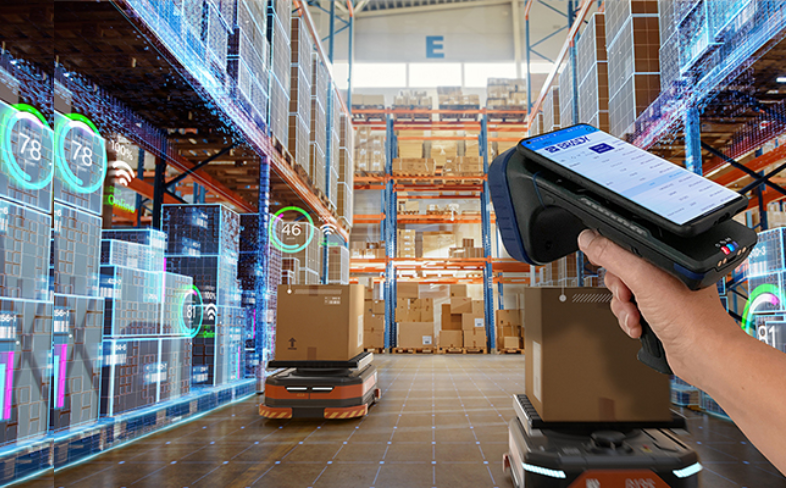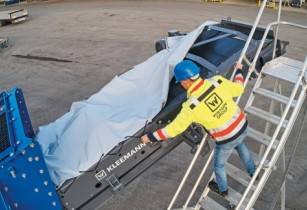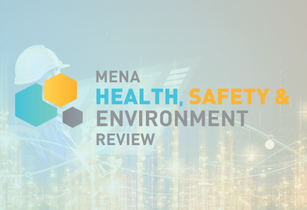Middle East Concrete (MEC) and PMV Live delegates can capitalise on huge public transport investment
The Dubai Metro, the first-of-its-kind in the Gulf region, has increased rapidly since its launch in 2010 and the Roads and Transport Authority (RTA) expects to extend the Metro tracks to 110km by 2020 and to 421km by 2030.
The RTA has already awarded the US$2.88bn contract for the Route 2020 metro expansion to the Expolink Consortium led by France?s Alstom in June 2016. The group, which also includes Spain?s Acciona and Turkey?s Gulermak, will begin construction of the 15km route linking the Nakheel Harbour and Tower station on the metro?s Red Line to the Expo 2020 site by the end of 2016.
The metro is one of the longest driverless metro lines in the world and carried 164mn passengers in 2014 travelling on two Red and Green Lines across the city.
In addition to planning three new lines, the Dubai authorities want public transport to reach 30 per cent of the population by 2030. That could mean almost a third of all travellers riding either the metro or a bus.
Dubai is changing and making the car a less attractive option for getting around and the metro system is playing its part by helping to reduce traffic congestion and accidents and minimize environmental pollution.
The cost of building the metro has reached nearly US$8bn so far but the authorities are hoping to recoup nearly US$5bn in income from the transport scheme over the next decade.
Passenger numbers are rising year on year and there is now a growing need to expand the two existing lines that stretch 70km and take in 47 stations. The RTA?s vision is to add 421km of metro line by 2030 to accommodate the estimated four million population in Dubai.
The growth and popularity of Dubai?s metro system will result in more multi million dollar contracts being awarded to infrastructure companies, many of whom will be attending MEC and PMV Live 2016.
Hosting global events such as Expo 2020 has underlined the need for a larger network which will require further large-scale architectural and infrastructure projects, boosting the consumption of concrete and PMV in the region.
MEC and PMV Live, organised by dmg events Middle East, Asia and Africa, are the biggest and most prestigious infrastructure and heavy machinery events in the Middle East.
Middle East Concrete and PMV Live 2016 will bring key regional and international industry leaders under one roof at the New Za?abeel Halls 4-6 at the Dubai World Trade Centre from 21-24 November.
To know more about Middle East Concrete and PMV Live, please visit www.middleeastconcrete.com and www.pmvlive.com


























